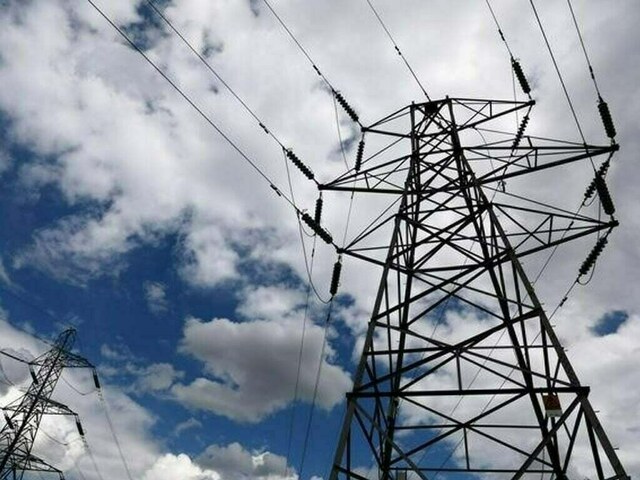KARACHI: Business leaders, energy experts, and policymakers on Tuesday called for dismantling Pakistan’s monopolistic single-buyer power procurement model in favor of a transparent and competitive electricity market, warning that without urgent reforms, the national grid faces mounting inefficiencies and rising costs.
The demand came during a Multi-Stakeholder Conference on Competitive Electricity Market in Pakistan, jointly organized by the Pakistan Business Forum (PBF) and Renewables First, with support from the Private Power & Infrastructure Board (PPIB).
The event gathered senior government officials, former energy regulators, industrial representatives, and researchers to discuss the operationalisation of the Competitive Trading Bilateral Contracts Market (CTBCM) — a reform framework approved decades ago but yet to be implemented.
Sindh Energy Minister Syed Nasir Shah, speaking at the conference, assured the business community of the provincial government’s support, noting that the Sindh Electricity Regulatory Authority (SEPRA) had been established to handle provincial electricity matters. He pledged to raise industry concerns at both provincial and federal levels.
PBF Chief Organiser Ahmad Jawad, Renewables First CEO Zeeshan Ashfaq, and former NEPRA chairman Tauseef H. Farooqi underscored the CTBCM’s potential to reduce electricity costs and improve economic competitiveness. “We have a thirty-year-old reform program approved by the ECC and NEPRA, but it remains unimplemented,” Farooqi said, adding that private sector participation could unlock investment and efficiency.
Competition Commission of Pakistan member Salman Amin warned that the current monopolistic setup hampers efficiency, stressing that CTBCM could pave the way for fairer market dynamics. Abdul Rehman, Associate at Renewables First, said the government planned to launch the market with an initial 800MW — a figure many participants criticized as too small for meaningful impact.
In the first panel discussion, former PEPCO MD Tahir Basharat Cheema, Thar Energy CEO Amjad Ali Raja, and an Independent System and Market Operator (ISMO) representative stressed the need to allow bilateral electricity trade. Cheema blamed “poor institutional decisions” for crippling the sector, while Farooqi noted that the government failed to attract bids for a 600MW solar project even as K-Electric completed a 640MW auction.
The second panel — featuring industrial leaders including Korangi Association President Junaid Naqi, Reon CEO Mujtaba Khan, FPCCI’s Rehan Javed, and PBF’s Saleha Hassan — warned of systemic risk to the grid without structural reforms. Khan said poor-performing distribution companies were pushing consumers off-grid.
Energy researcher Ramsha Panhwar highlighted that over 80% of proposed wheeling costs are tied to stranded costs and cross-subsidies, making open access prohibitively expensive. She urged a phased, transparent cost-recovery plan to avoid burdening consumers while encouraging industrial uptake.
Participants collectively demanded a clear, long-term roadmap for stranded asset recovery, expansion of market capacity beyond the proposed 800MW, and transparency in government planning. “The market appetite is far greater,” said industrialist Mujtaba Haider. “Given fair wheeling terms and facilitation, industry will eagerly participate.”
Closing the conference, PBF Karachi President Malik Khuda Bakhsh lauded the organizers and stakeholders for addressing critical reforms in the power sector.
Copyright Business Recorder, 2025


